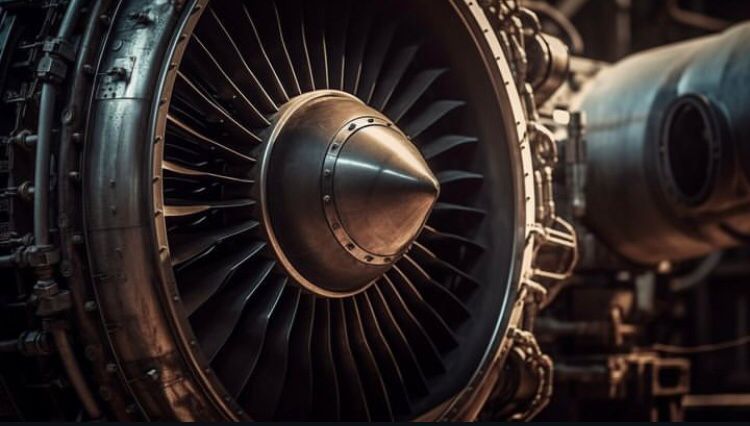
Transforming Aviation Machinery and Technical Aspect with AI
When we look ahead to the future of aviation, we’re not just imagining it; we’re already living it.
Avihub Network, along with Girls in Aviation Africa, recently hosted an online discussion on Twitter called “The Future of Aviation.” This event featured three special guests: Norah Kaggia, an Aviation lawyer; Engineer Juliet Mutua; and Jane Ndanu, a student pilot and member of Girls in Aviation Africa. They talked about three important topics: the future of aviation laws, aviation training, and aviation technology.
Today, let’s focus on aviation technology, as explained by Engineer Juliet Mutua. An aeronautical engineer or technician has a crucial job: they fix and maintain airplane parts to keep them safe. They have to know everything about airplanes, like their systems, structure, and records, all while making sure safety stays a top priority.
Artificial intelligence, or AI, is changing things in aviation. It’s like a helpful assistant for the aviation industry, making things even better. Aviation has been going digital for a while now. This means that many things in aviation, like how we keep planes safe, maintain them, and even sell tickets, are done using computers.
In aviation, people have to make decisions and analyze data. With AI, this gets faster and sometimes even better than what people can do. Smart devices give us information quickly, making decisions easier. AI is also used for safety. Airlines now use online systems instead of paper to report safety issues. AI makes these systems interactive and helps quickly address safety concerns, which reduces accidents. Keeping records is essential in aviation. In the future, we’ll keep records of tools and workers all in one place, making it easy to access and use the information.
AI also means we need better cybersecurity. Aviation information is in digital systems, and these systems can be attacked by cybercriminals. Airlines and airports need to protect their systems, servers, and control who can access information.
Aviation can’t go completely digital. We still need paper records for some things, like when engineers sign off on work or when we keep dirty records of maintenance. The rise of AI in aviation also means that some jobs might not be needed anymore.
AI can help design airplanes that are lighter and more environmentally friendly, which is good for the planet as we fly. So, as we move into the future, AI is making aviation safer, faster, and more efficient, while also challenging us to adapt to new ways of doing things.